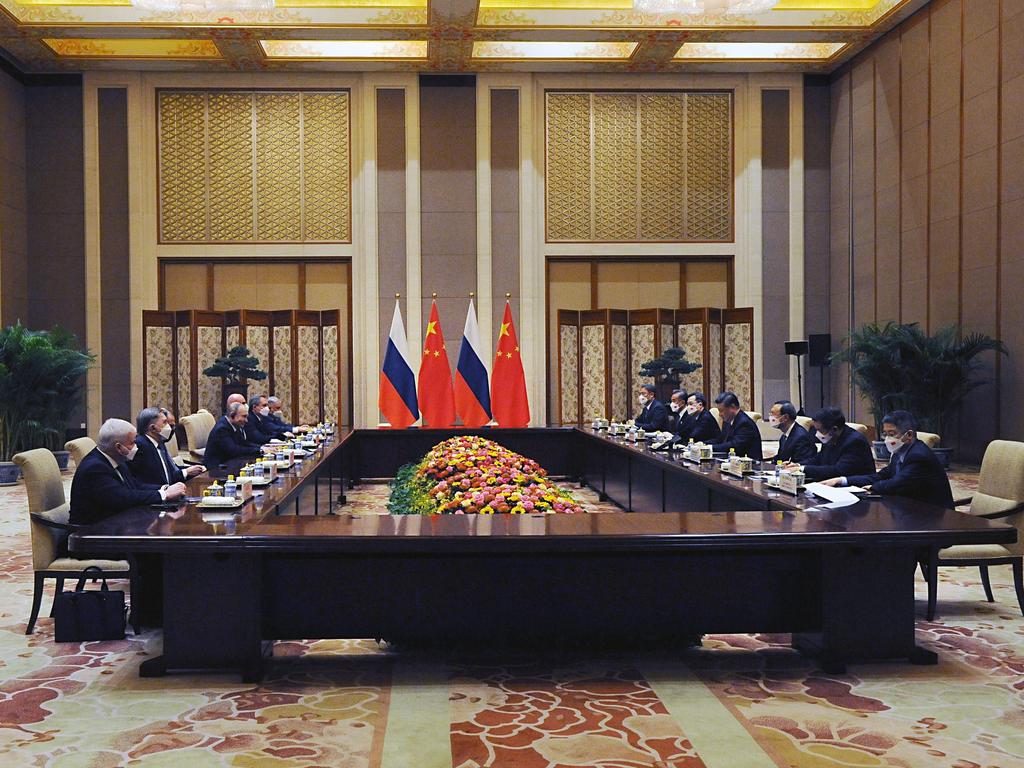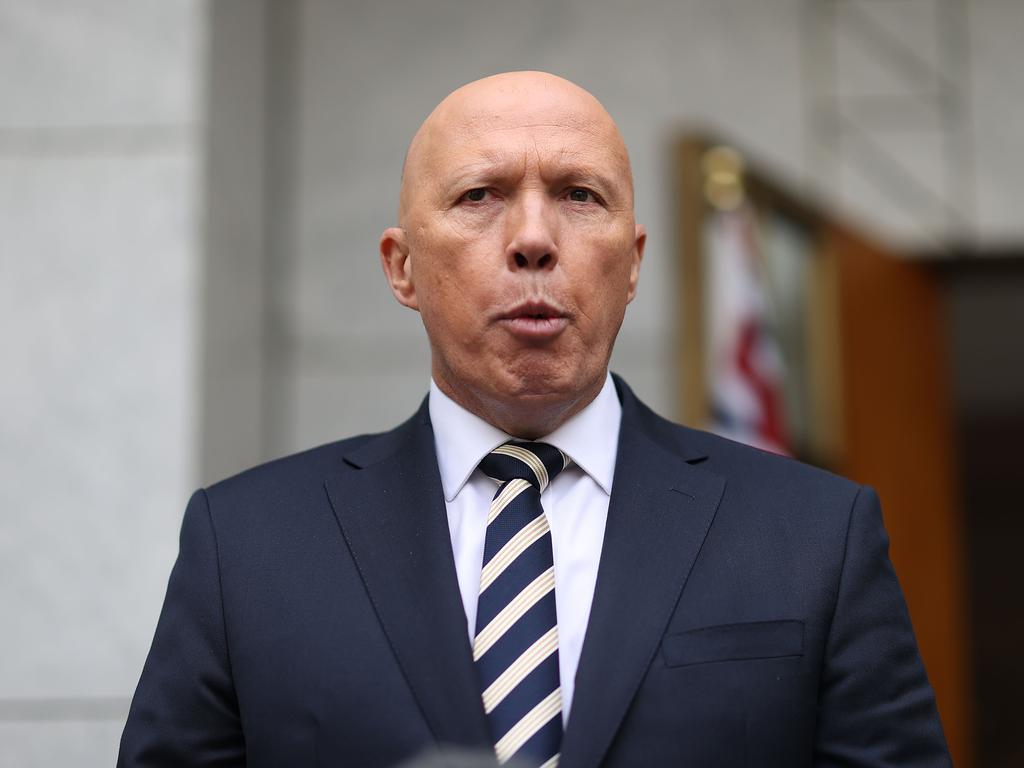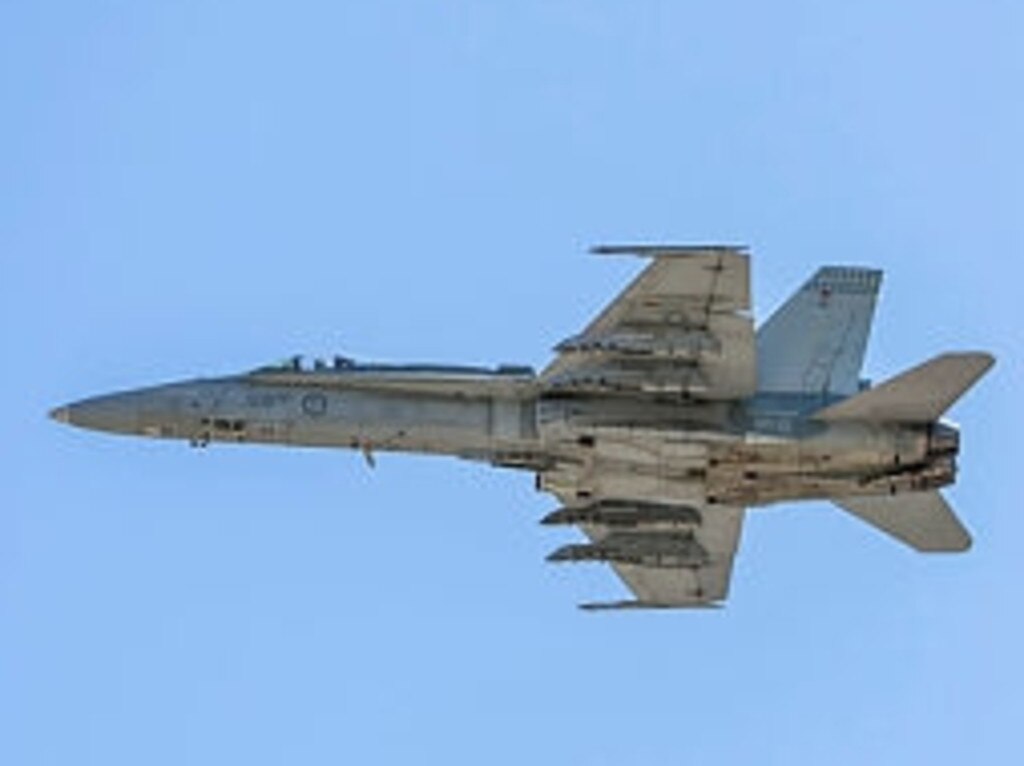Time to increase defence spending
For 30 years the establishment mocked Russia, fantasised about China, and frittered resources away on ill-judged diversions. But the world’s holiday from history has come to an end.
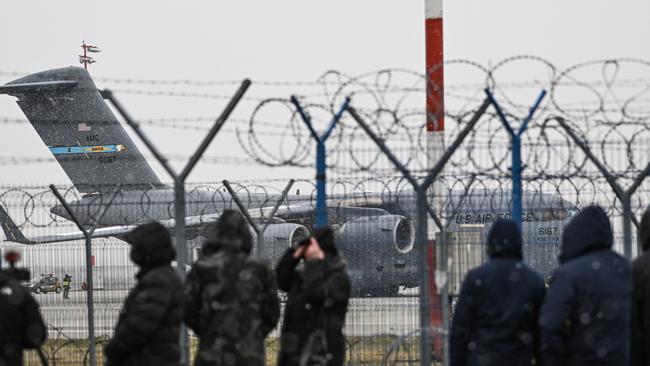
The 2022 Winter Olympics will be remembered for geopolitics, not sports. It’s where Xi Jinping and Vladimir Putin declared war on the post-Cold War world order and the American primacy that sustained it. Issuing a joint statement that criticised the U.S. by name six times and outlined an ambitious program of anti-Western collaboration from Ukraine to the South China Sea, the two leaders left no doubt that the world’s holiday from history has come to an end.
The world has changed, and American policy must change with it. The longer the U.S. waits to build a national defence adequate to the challenges it faces, the greater the danger and expense ultimately will be.
Americans shouldn’t deceive themselves. The end of the post-Cold War era is a major setback. For 30 years the American intellectual and policy establishment mocked Russia, fantasised about China, and frittered the country’s resources away on ill-judged diversions. At the same time, opponents — clearer-eyed than the U.S. was about the foundations of international power — created new realities that Washington must confront.
The Biden administration’s scramble to put together economic and security consequences to deter a Russian invasion of Ukraine is a window into this new world. Instead of organising panels on democratic transitions, American diplomats are organising air bridges of defence matériel to a beleaguered capital.
The shift is hard for the Biden administration. Team Biden came into office believing that the U.S. could pay less attention to European and Middle Eastern security issues while focusing attention and resources on the Indo-Pacific and the challenge from China even as it addressed “global governance” issues like climate change. But the perception that the U.S. was cutting back on Europe and the Middle East led Russia and Iran to step up plans for expansion — while leading Beijing to double down on its links with Moscow and Tehran as a way of making life difficult for the Americans.
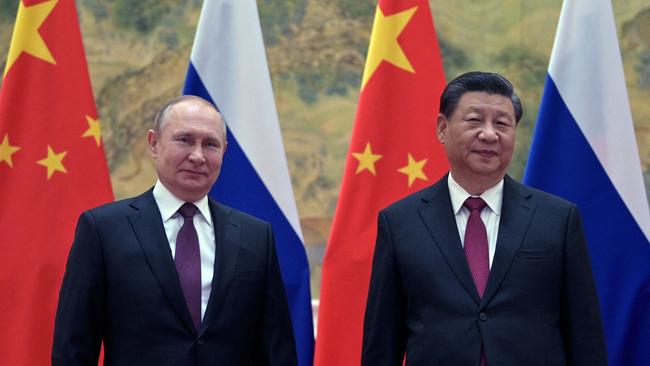
Whether this new era of geopolitical competition is another cold war is a question of semantics. We certainly are back to Cold War levels of insecurity, with powerful adversaries seeking to diminish U.S. national security and that of its allies. The response of the U.S. and its allies must be equally energetic. Rebuilding American foreign policy will take time. The immediate task is relatively simple, however, and one America can do on its own, without allies. America must get serious again about defence spending.
During the Cold War, American defence spending averaged close to 7% of gross domestic product. After the 1991 collapse of the Soviet Union, America enjoyed a so-called peace dividend, and defence spending fell as low as 2.9% of GDP during President Clinton’s second term. As the costs of the war on terror grew, spending climbed past 4% by 2008. The Congressional Budget Office projects a total Defence Department budget of $715.1 billion, or 2.98% of current GDP, for 2022.
Increasing defence spending to 4% of GDP would mean an increase of more than $200 billion a year from the current budget, a number that defence analyst Mackenzie Eaglen says would meet the global challenges confronting the U. S.— though the shipbuilding, aerospace and technology industries would need assurances that this would be sustained to invest in the needed capacity. This level of spending, still well below the defence budgets of the Reagan years as a percentage of GDP, would give American forces the resources required to keep Taiwan out of Beijing’s reach and address growing Chinese and Russian power elsewhere. It also would reassure allies around the world that Mr. Biden was serious when he said early in his term that “America is back.”
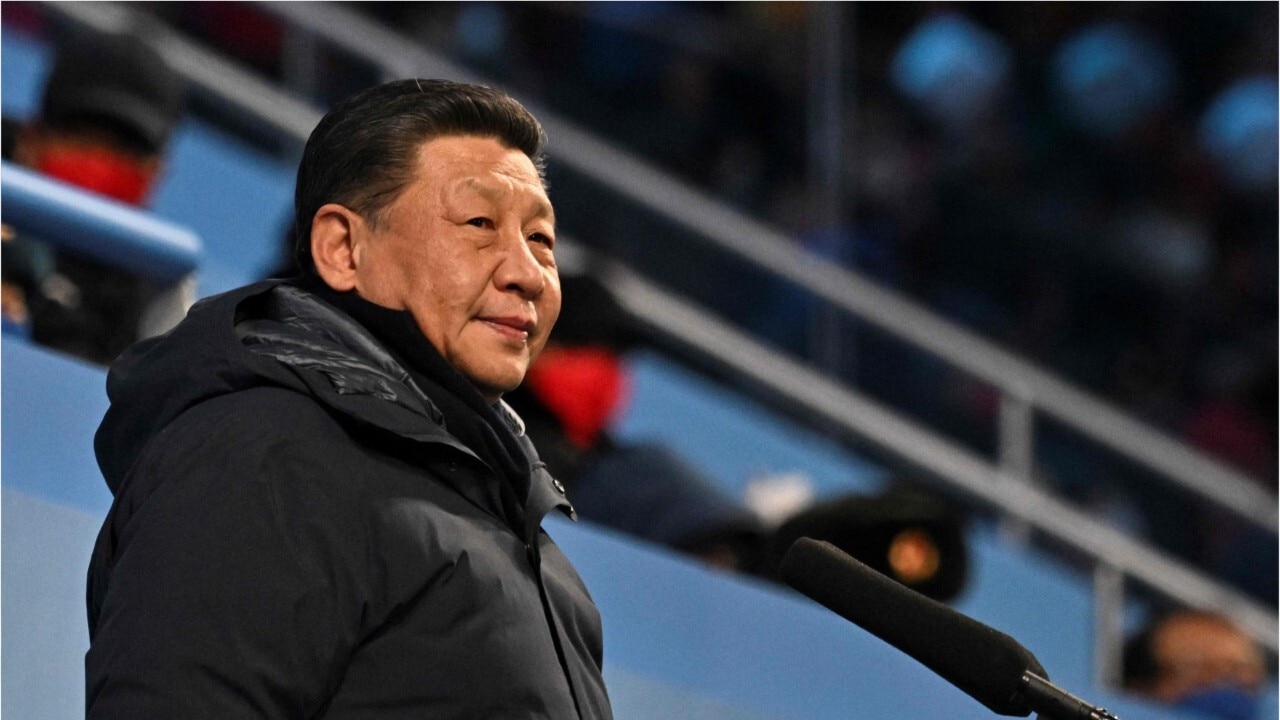
Increased defence spending wouldn’t be a drag on economic growth. The capabilities America needs to add to its defence arsenal are mostly high-tech and have civilian as well as military applications. Just as Israel’s investments in cybersecurity and high-tech weaponry helped it become a start-up nation with the most dynamic civilian economy in its history, a renewed commitment to national defence can increase the competitiveness of American industry while boosting national security.
The most dangerous and expensive of all mistakes is to underspend on defence at a time of growing threat. In 1940, as Hitler marched into Paris, the U.S. was spending 1.7% of GDP on defence. By 1944 that figure reached 37%.
Mr. Biden is going to have one challenge after another from a newly empowered and implacably hostile Eurasian alliance. To protect his presidency and the nation he leads, he must level with the American people about the new threats and call on both parties in Congress to support the defence spending the country urgently needs.
The Wall Street Journal

